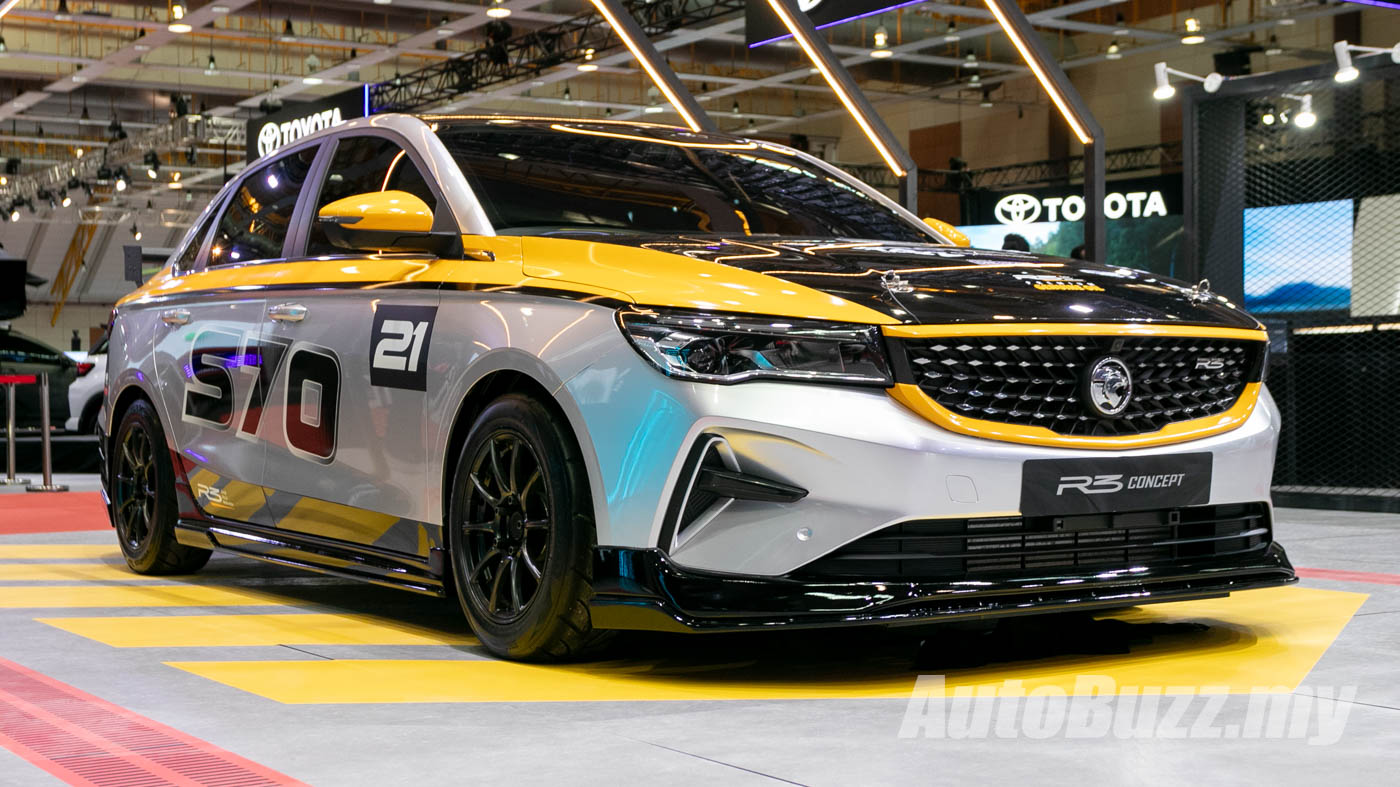- Haze is coming from Indonesia
- RM1,700 minimum wage to go ahead
- Japan and the Philippines are next to get a tariff reduction
IN Malaysia
As maybe most of you expected us to PM Anwar Ibrahim’s ‘Penghargaan Luar Biasa’ to the rakyat, we choose not to. Because we can.
China saves Malaysia’s ass
Investment and Trade Minister Tengku Zafrul Abdul Aziz revealed that Chinese automobile manufacturer Geely is the reason why local car manufacturer Proton is not in the red no more. Tengku Zafrul stated that, via a written parliamentary response, after Geely acquired a 49.9% stake in Proton Holdings Berhad in 2017, this purchase has overturned a previous four-year loss from 2012 until 2016. Tengku Zafrul highlighted that the collaboration has enabled crucial technology transfers, including advanced automotive platforms, energy-efficient engines, and electrification systems that have modernised Proton’s vehicle lineup (or could we say copy-pasting Proton’s lineup from Geely’s catalogue). Post Geely’s acquisition, below are Proton’s achievements –
- Proton’s vehicle sales increased by 114% from 71,000 units in 2016 to 152,000 units in 2024;
- Proton’s market share expanded from 12.5% in 2016 to 18.7% in 2024;
- Export volumes skyrocketed by 316% from 1,145 units in 2018 to 4,765 units in 2024, with key markets including Pakistan, Brunei, Bangladesh, Mauritius, and South Africa.
Source: https://m.malaysiakini.com/news/749875
Malaysia is being attacked from the sky, thanks to Indonesia
Dr Chung Jing Xiang, a senior lecturer at the Faculty of Marine Sciences and Environment at Universiti Malaysia Terengganu (UMT), said that Malaysia is facing a double whammy – haze and elevated ultraviolet radiation index (UVI) levels, where the former is thanks to our neighbour Indonesia. In the past few days, Indonesia’s Sumatra island has seen a sharp spike in forest and land fires, with the number of hotspots jumping from 94 to more than 1,000 within 10 days. A total of 1,292 hotspots were detected in the region, according to a report by Indonesia’s Meteorology, Climatology and Geophysics Agency (BMKG). The forest and peatland fires are a primary cause for the recurring issue of transboundary haze, which is an annual problem for Indonesia and its neighbours, including Singapore, Malaysia and southern Thailand. We want to highlight the ‘annual problem’ thingy. Indonesia, buck up lah sikit pak. Until when do we need to suffer?
Source: https://www.nst.com.my/news/nation/2025/07/1249076/king-urges-public-stay-alert-haze-risk-rises
Responding to the matter, Education Minister Fadhlina Sidek said that home-based teaching and learning (PdPR) will be activated if the Air Pollutant Index (API) reading surpasses 200.
Source: https://www.thestar.com.my/news/nation/2025/07/23/pdpr-to-be-activated-if-api-exceeds-200
RM1,700 minimum wage to go ahead
The Human Resources Ministry announced that the 2024 Minimum Wage Order of RM1,700 will come into full effect from Aug 1, regardless of the number of employees hired, following the end of the six-month deferment period on July 31. This includes non-citizen employees and contract apprentices, but does not apply to domestic workers. In Malaysia, domestic workers are individuals legally employed to perform work within a private household, including duties like cooking, cleaning, childcare, and other household tasks. Failure to comply with the order is an offence under the National Wages Consultative Council Act 2011, which carries a fine of up to RM10,000 for each affected employee, with an additional penalty of RM1,000 for each day the offence continues after conviction.
Source: https://m.malaysiakini.com/news/749765
Around the SEA
Japan, the Philippines to get a new revised tariff rate
US President Donald Trump has announced the so-called ‘largest trade deal in the history of Japan’, after both countries agreed to a 15% reciprocal tariff rate, down from 25%. So, what’s the ask from the US to Japan?
- Japan to invest USD550 bil into the US, where it would be in the form of equity and loans to support Japanese businesses’ investments in key fields such as pharmaceuticals and semiconductors;
- Japan will open their country to trade, including cars and trucks, rice and certain other agricultural products, and other things.
Fortunately for Japan, the 15% tariff rate will also be expanded to the automotive sector, giving the country a leg up on other car brands as all car exports to the US are facing an across-the-board 25% levy since April.
While Japan got a substantial tariff reduction, the Philippines’ President Ferdinand Marcos Jr’s attempt to cut the tariff rate by personally flying into the White House bore minimal results, as the archipelago nation only got a 1% cut from 20% to 19%. Still, the Philippines agreed to remove tariffs on key American goods, including cars. It was not the outcome Manila had hoped for, as it would open up previously protected sectors, including car imports from the US. However, the military alliance between the two nations will still remain intact.
Takpelah, at least the Philippines got a tariff reduction. If you’ve been following our newsletter, you’d probably expect a jab at our trade minister by now, and okay, maybe just a light one. Because let’s be real, when you head into a trade war, you bring sharp ammunition, solid bargaining chips, a proper playbook. But Malaysia? Sometimes it feels like we show up with just a spoon.
Still, let’s not pretend the terrain is easy. Getting a deal out of Washington these days isn’t exactly as easy as me gaining weight, despite intermittent fasting and stripping naked, the scale still naik. According to Phar Kim Beng, Director of the Institute of Internationalisation and ASEAN Studies at IIUM, trade negotiations with the US have become much harder post-Trump. The old ‘mutual benefit’ playbook has been thrown out; it’s now a game of dominance. The US increasingly challenges regulatory frameworks under the guise of fighting protectionism, often cornering countries like Malaysia into binary choices, deregulate entirely, or allow American goods in tariff-free, local concerns be damned.
If we’re serious about trade strategy, maybe it’s time we flipped the script. The US is a major pharma exporter, so why aren’t we leveraging that? One simple, high-impact move. Push for expedited dual registration of FDA-approved pharmaceuticals with our own regulators. It helps them, it helps us, and crucially, it gives us something more than a spoon to bring to the table.
For your EYES only
Cuti banyak pun boleh bergaduh. Betul mindset capitalist.
Honestly I’m sick of reading the notion of “Malaysia banyak sangat public holidays”. Tengok comparison between Malaysia and European countries. A Malaysian entry level worker will only have 22 days of PTO compared to 35 days for Europeans. And look at the last column. https://t.co/fIeg6Ff5ri pic.twitter.com/n0ZubRat1w
— Abah (@chairmanGLC) July 23, 2025







